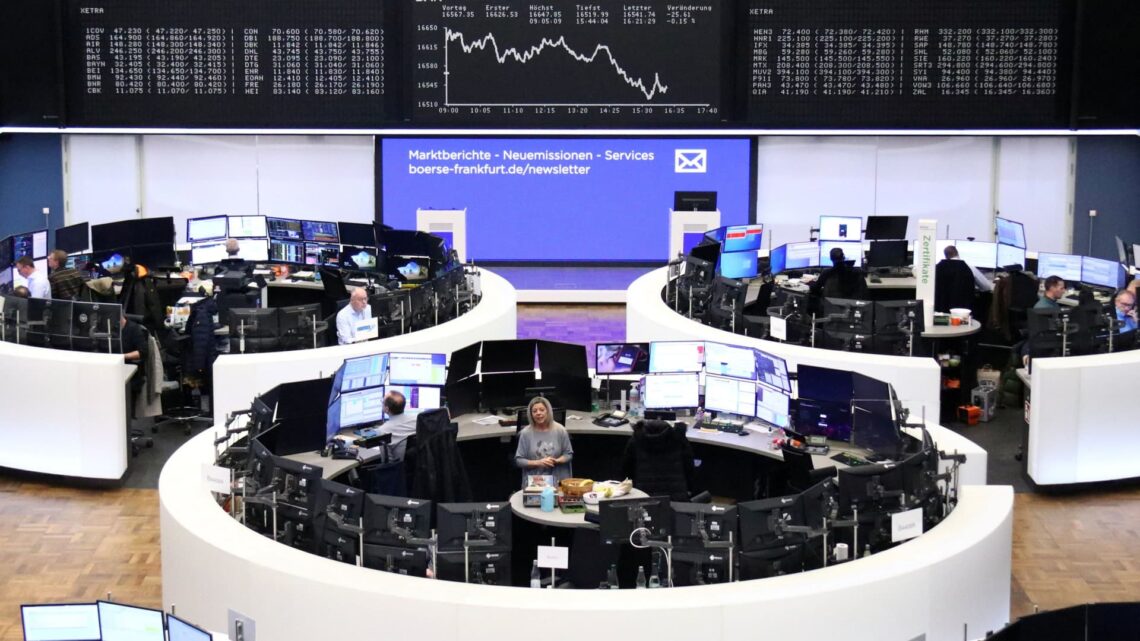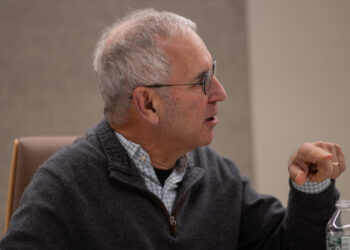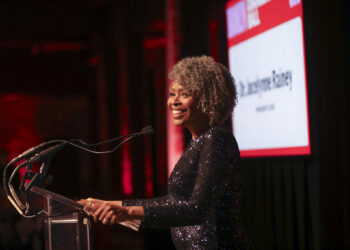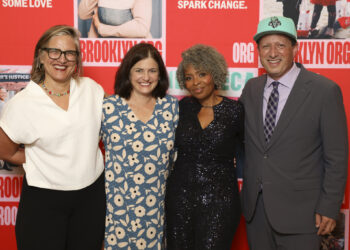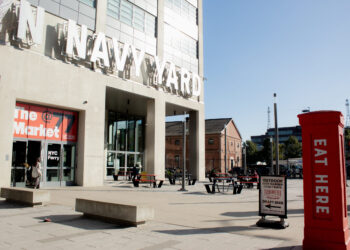The German share price index DAX graph is pictured at the stock exchange in Frankfurt, Germany, January 19, 2024.
Staff | Reuters
Over the last 12 months, just 11 stocks made up half of the gains that powered the pan-European Stoxx 600 stock index to a record-high close on Friday.
Earlier this month, Goldman Sachs highlighted that Europe’s stock markets were dominated by this group of “internationally exposed quality growth compounders” with the continent’s largest market caps, which the bank termed the GRANOLAS back in 2020.
The momentum of this group — which comprises GSK, Roche, ASML, Nestle, Novartis, Novo Nordisk, L’Oreal, LVMH, AstraZeneca, SAP and Sanofi — has drawn comparisons to the “Magnificent Seven” U.S. tech giants and evoked similar concerns about concentration risks in European equity markets.
Together, the GRANOLAS account for around a quarter of the total Stoxx 600 market cap, and Goldman analysts in a note last week highlighted that they exhibit qualities that are expected to thrive in the current cycle, such as solid earnings growth, high and stable margins and strong balance sheets.
“We think they also stand to benefit from the structural shift towards passive investment and the lack of liquidity in the European equity market,” the Wall Street bank’s analysts suggested.
“From a Global point of view, the GRANOLAS have even outperformed the so-called Magnificent 7 over the past two years. Their (out)performance is even more impressive on a risk-adjusted basis: with a volatility 2x lower than for the Magnificent 7, the GRANOLAS help to boost the Sharpe ratio.”
They noted that, while the group trades with a high price-to-earnings ratio, a measure that gauges whether a stock is overvalued, this is “not unusual for growth companies” and the GRANOLAS actually trade at a significant discount compared to the Magnificent Seven.
What’s more, Goldman Sachs expects the strong growth momentum to continue, with a 7% revenue compound annual growth rate expected…
Read the full article here


